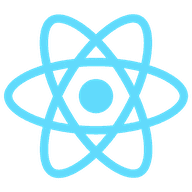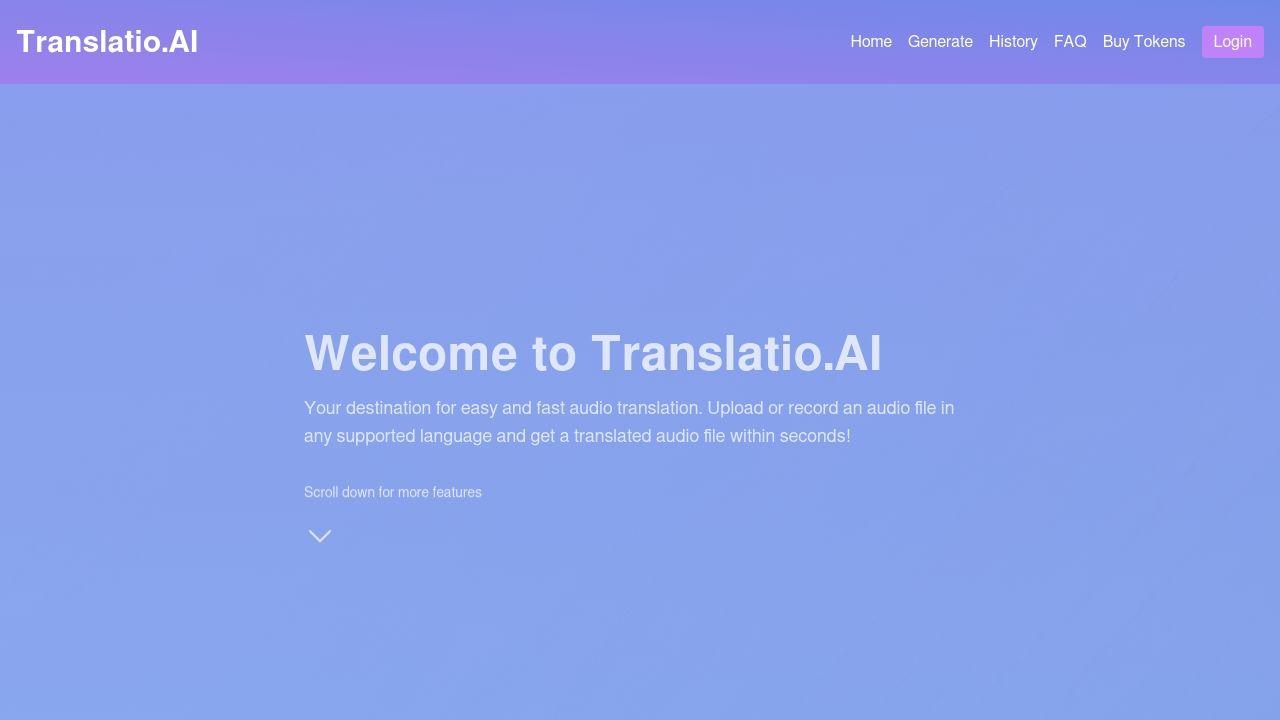NANNING, China, Sept. 30, 2024 (GLOBE NEWSWIRE) -- In a significant leap forward for cross-cultural communication, AITran, an AI-powered translation platform, made waves at the 21st China-ASEAN Expo. The platform, which boasts military-grade encryption and cutting-edge AI, is poised to revolutionize how people communicate across language barriers.
Developed as a spin-off from the enterprise-focused LINKDOOD system, AITran distinguishes itself in the crowded translation app market with its unparalleled speed and security features. "We've essentially brought enterprise-level security to the consumer space," Jackie Lin, AITran's co-founder, told reporters.
The platform's key selling points include near-instantaneous translation times, multi-user capabilities, and advanced noise-cancellation technology for accurate translations even in chaotic environments. However, it's the security features that are turning heads in the tech community.
AITran's debut comes at a crucial time for the global tourism industry. Ctrip, China's leading online travel agency, reports a 50% year-over-year increase in outbound travel bookings for the upcoming National Day holiday. This surge in international travel underscores the growing need for reliable, secure translation services.
The platform has already gained traction in key Asian markets, including Japan, South Korea, and Singapore. It's now setting its sights on Europe and North America, with the app available for download on both Google Play and Apple's App Store.
Industry giants are taking notice. Amazon Web Services (AWS) is providing cloud infrastructure support for AITran. Kelvin Lou, Managing Director at Onecompliance, Singapore Based Consulting Firm, sees AITran as a potential game-changer. "It's not just about translation anymore," Lou states. "It's about creating a seamless, secure global communication experience."
As AITran expands its reach, it faces stiff competition from established players in the translation space. However, its unique blend of speed, accuracy, and military-grade security could give it an edge in an increasingly privacy-conscious world.
The true test for AITran will come during China's upcoming Golden Week holiday, as millions of Chinese tourists venture abroad. If successful, AITran could herald a new era in global communication, breaking down language barriers while maintaining the highest standards of data privacy and security.
For more information, download the app from major app stores.
Email: [email protected]
A photo accompanying this announcement is available at https://www.globenewswire.com/NewsRoom/AttachmentNg/2908661a-ef53-443a-9112-59499e435f89
Market News and Data brought to you by Benzinga APIs


